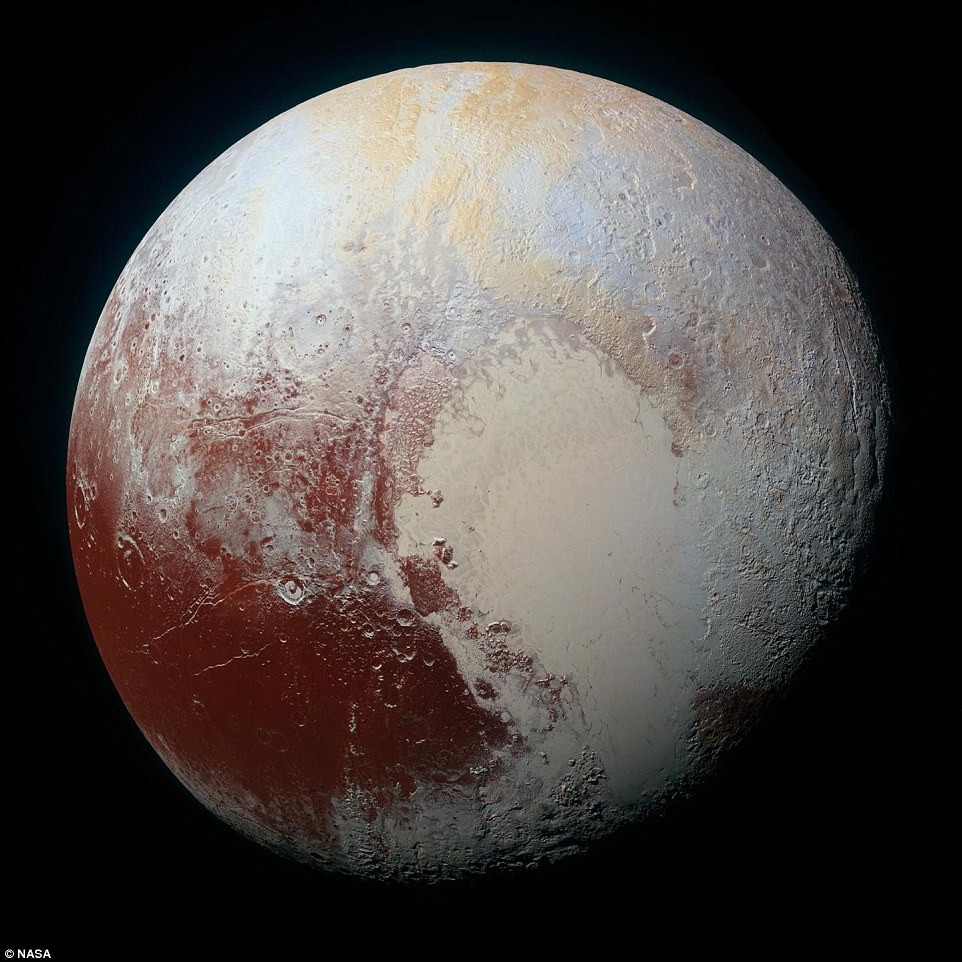A study recent based on observations from the New Horizons probe suggests that the Universe is darker than we thought. In other words, the number of galaxies, whose glow is invisible to us, but which are nevertheless very present, would be less important than expected.
From our point of view, it is better to move away from the cities to have a better view of the night sky. The same applies to spaceships. The inner Solar System is indeed filled with particles that reflect sunlight. So, here again, to probe the cosmos and capture the faintest lights of the universe, it is better to get as far away from the Sun as possible. In this sense, the New Horizons probe is a prime candidate. After flying over Pluto in 2015, the ship is now sailing more than seven billion km from Earth .
In a recent study, astronomers therefore relied on it to examine the cosmic optical background , an incredibly diffuse visible light released by all stars in the universe.
"While the cosmic microwave background tells us about the first 450,000 years after the Big Bang, the cosmic optical background tells us a lot about the sum total of all the stars that have formed since “Summarizes Marc Postman, lead author of the study. "And by extension, this allows us to understand the total number of galaxies that have been created “.
Based on new measurements of this faint cosmic background glow, it appears that "invisible" galaxies are actually less abundant than expected. The researchers cannot specify the exact number. However, they evoke several hundred billion galaxies "only" instead of two trillion galaxies previously reported.
This previous estimate was made based on observations made by Hubble. The researchers then relied on mathematical models to estimate how many galaxies were too small and too faintly luminous for the telescope to see. They had then concluded that 90% of the galaxies in the universe exceeded its vision capabilities. By determining the number of galaxies possibly observed, they then calculated this number to be two thousand billion galaxies.
These new measurements made thanks to New Horizons finally reduce this estimate. "Take all the galaxies Hubble can see, double that number and that's what we see, but nothing more “, concludes Tod Lauer, lead author of the study. "We just don't see the light of two trillion galaxies “.

If we now know that there is " less lights" in the universe, astronomers still don't know where exactly they came from.
Researchers point to a possible abundance of dwarf galaxies in the near universe, evolving just beyond detectability. They also think of diffuse halos of stars surrounding galaxies that are possibly brighter than expected. Finally, there could be a population of intergalactic stars spread throughout the cosmos. The James Webb Telescope, slated for launch in October, should be able to solve this mystery.